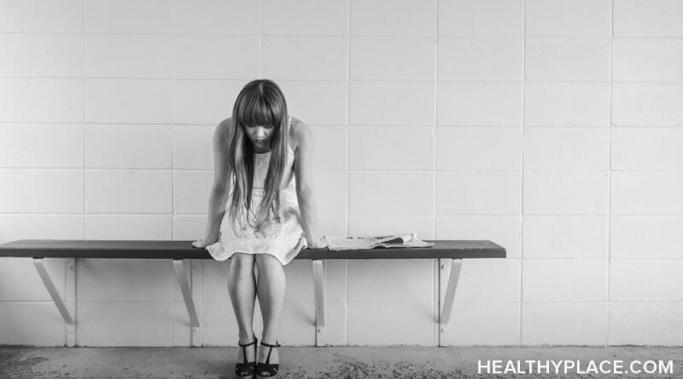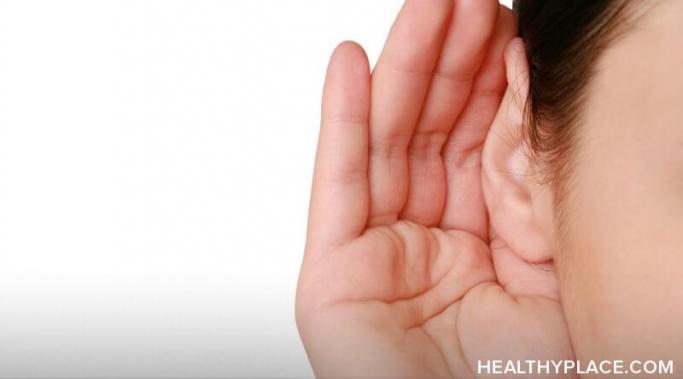Blogs
Anxiety can hurt. It can be emotionally painful, and it can be physically agonizing, too--so much so that physical symptoms of anxiety frequently send people to their doctor's office or hospital emergency department (ED). Almost 1.25 million people visited an ED for physical symptoms of anxiety annually between 2009 and 20111. It's important to seek medical help to rule out serious and potentially life-threatening conditions; however, it's frustrating to be discharged with a shrug and casual statement that "it's just anxiety." Read on to learn more about anxiety's physical symptoms and how to feel better when anxiety hurts.
For those of us with depression, it's easy for us to lose sight of what makes us who we are: personalities, senses of humor, talents. Our interests and passions often get buried under the weight of the burdens we bear. Depression makes it hard for us to find ourselves; however, in spite of the hardship, it's a worthwhile investment we should make. I've gotten some insights I'd like to share with you about how finding yourself can truly be a great way to cope when you have depression.
For a long time, I avoided dating because of low self-esteem and because I always found it too awkward. I limited myself to meeting people spontaneously or in other contexts. But the truth is if you avoid dating completely, you’re likely to stay single for a while. While dating can bring up nervousness and anxiety like a job interview, it’s often something you have to do in order to increase your chances of meeting the right person for you.
Are you sure it's not that bad when considering the damage self-harm is doing to you? One of the strange things about self-harm is that we all know it’s bad. Rarely are any of us truly under the delusion that it is making us happier in any way. In fact, most of us acknowledge that it actively makes our lives worse. And yet, we don’t stop.
Art is an interesting thing. All of us are aware of – and can personally attest to – having their lives changed after having read a book or heard a song. What’s surprising is how this impact can come from the most unexpected of sources.
In the midst of my recovery process from anorexia and all the associated behaviors that came with it, I have often asked myself this recurring question: is there a connection between puberty and eating disorders? While I cannot speak for every person who has suffered from an eating disorder, on the basis of my own narrative, these two experiences are linked, and there are several reasons for this.
Is one of your goals for 2019 to overcome fear? Everyone experiences fear and anxiety at times, but these emotions can create significant distress. Often, people allow their fear to stop them from doing things that are important to them. We must reconcile our relationship with fear, so it doesn't keep us from living the life we desire. That's why I use one simple skill to help me overcome fear.
Do bipolar relationships always fail? There's a common belief that the majority of relationships in which one partner lives with bipolar disorder do fail. However, there are many bipolar relationships where that is not the case. Today, I'm sharing some of the reasons why bipolar relationships have failed and also why many have succeeded.
About half of those with attention-deficit/hyperactivity disorder (ADHD) struggle with auditory processing disorder (APD). Their sense of hearing may be fine, but they can have a hard time making out what someone is saying. I have always struggled to follow conversations in noisy areas and was interested in learning more about how this phenomenon relates to ADHD.
Is anxiety ever an opportunity rather than an obstacle? If you’re experiencing anxiety frequently, it is tempting to think of it solely as a negative, frightening experience. However, anxiety at its most basic level is a protective response that can help you adapt to threats in your environment. The next time you feel anxious, try developing a positive mindset about your anxiety by using it as an opportunity to improve.









